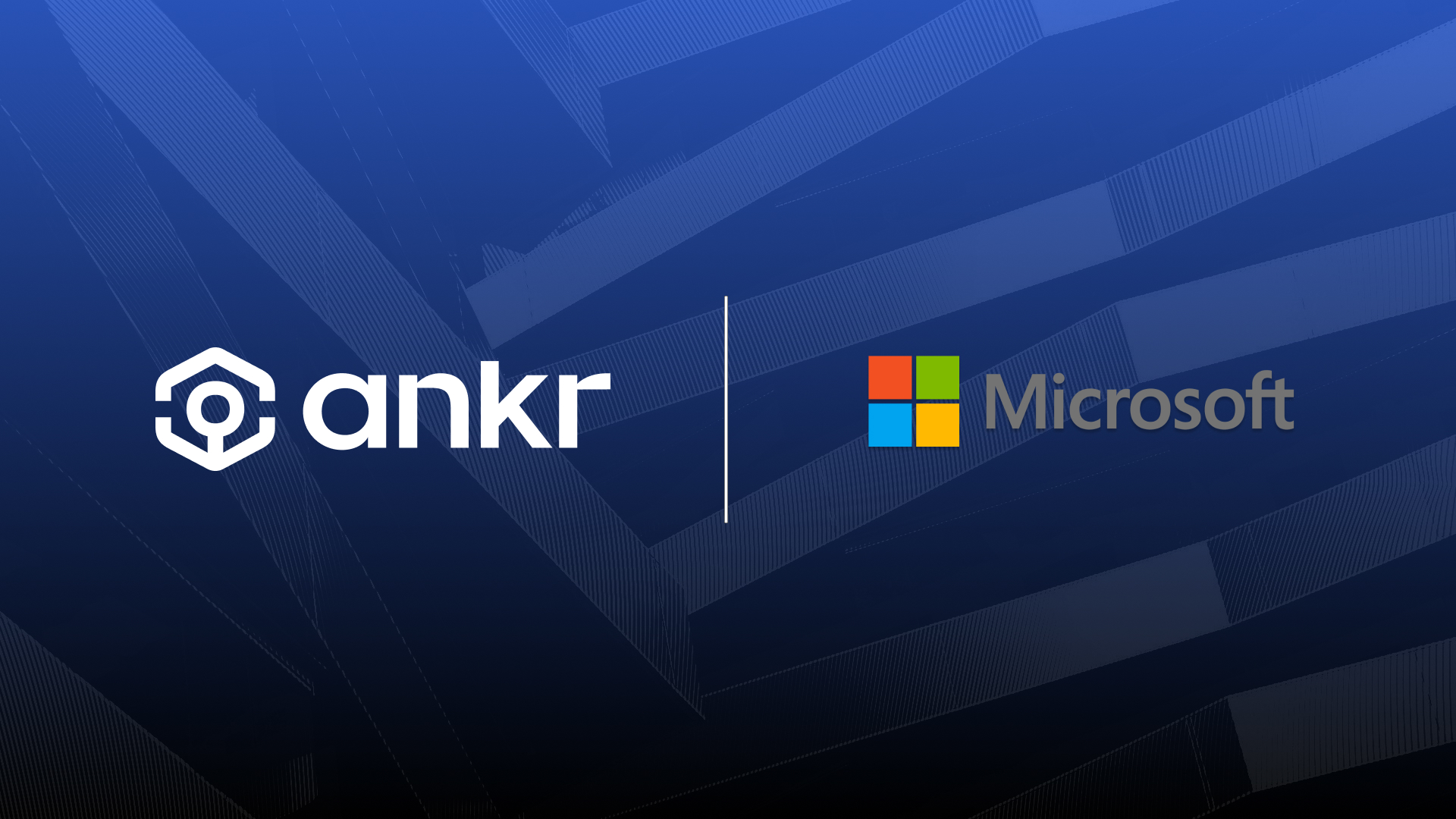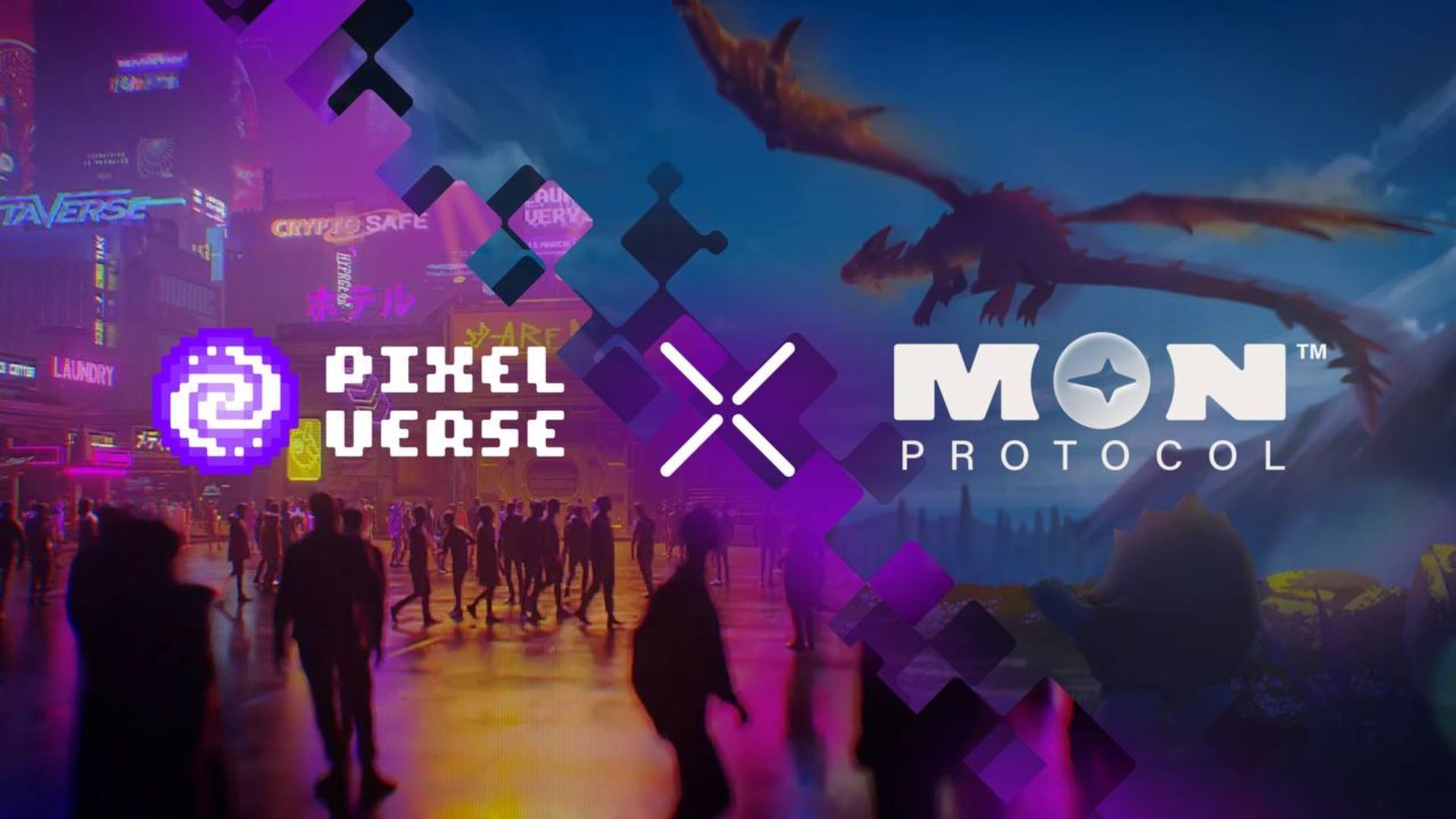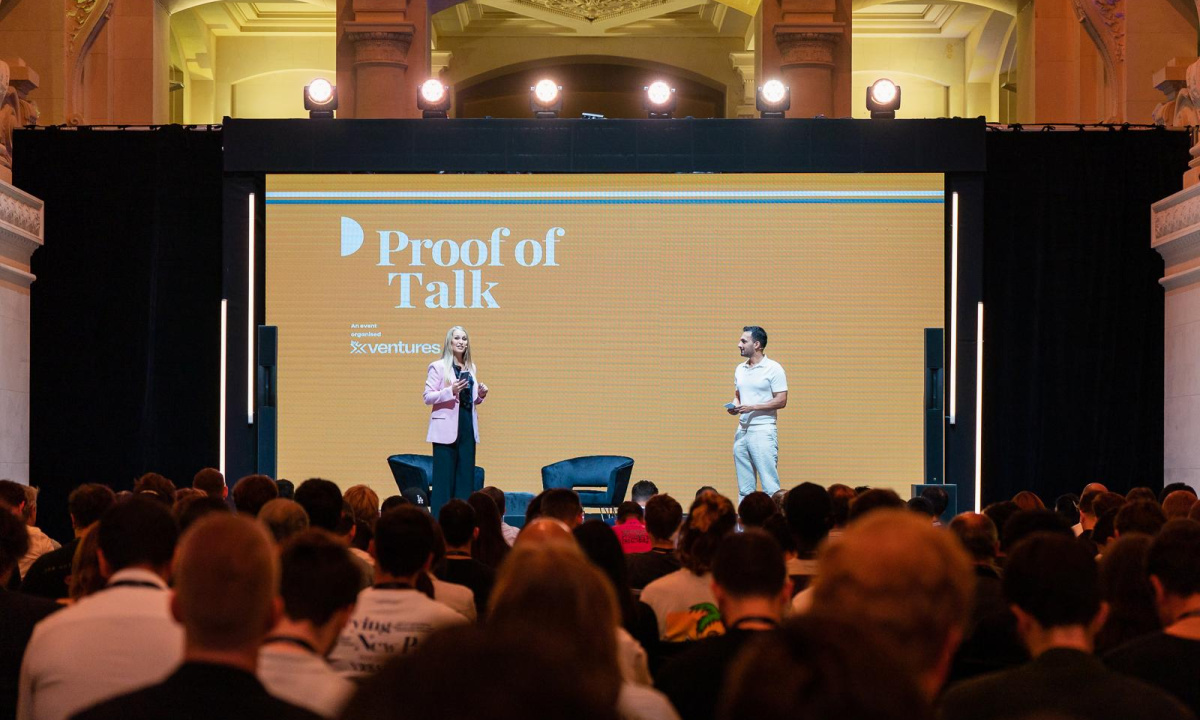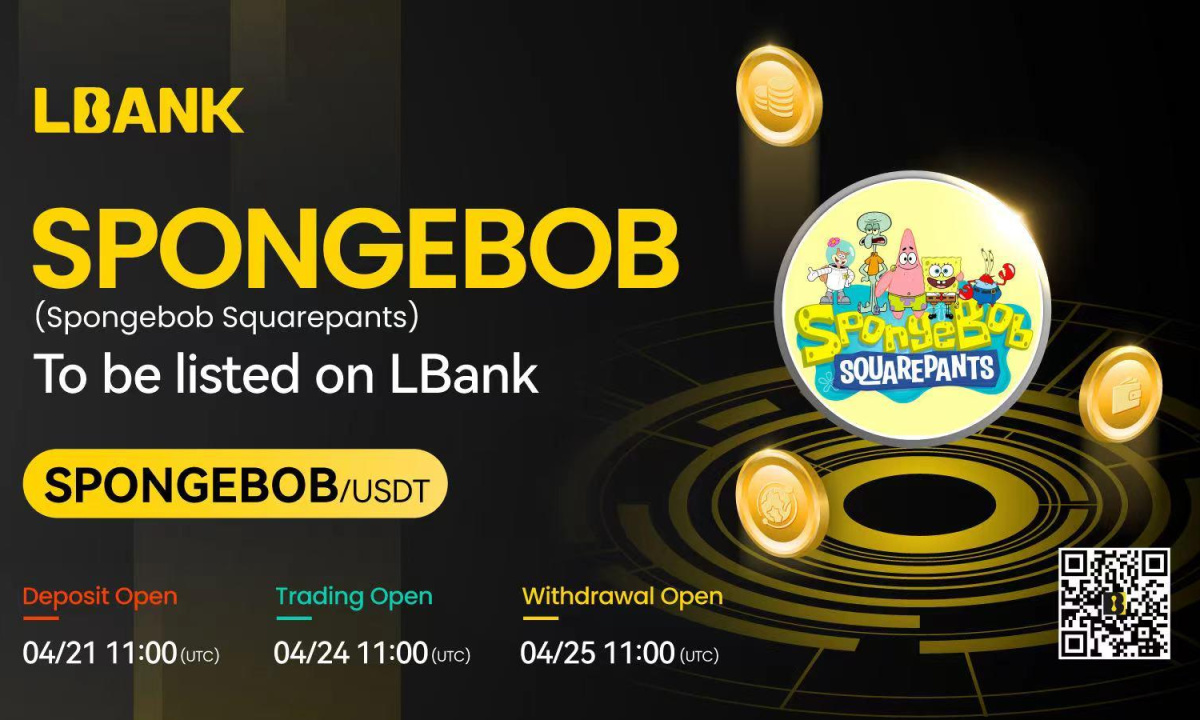San Francisco-based Web3 developer hub Ankr has officially launched Enterprise Remote Procedure Call (RPC) services on Microsoft's Azure Marketplace, following their partnership announcement in February this year.
The service is intended to provide Azure's vast customer base with low-latency, globally accessible blockchain connections, aiding them in their Web3 project and application development.
Notably, Ankr's AppChains, a solution enabling enterprises to deploy dedicated, customizable blockchains, will also be made available on Azure Marketplace. Initial offerings will include the deployment of Supernets with a promise of more blockchain ecosystem choices in the near future.
"Through this partnership, we are abstracting away what is often an impediment to testing, deploying, and scaling Web3 projects seamlessly," shares Daniel An, Microsoft's Director of Business Development.
have been part of Ankr's product line-up for a year now. These scalable, application-specific blockchains facilitate decentralized app development and project execution for Web3 organizations. Their popularity among traditional enterprises has grown significantly due to their versatile application potential across banking, institutional clients, CBDCs, gaming, and more.
By offering AppChains through the Azure Marketplace, enterprises have a vetted and trusted platform to explore and adopt this new technology. Ankr's AppChains aim to overcome significant hurdles faced by enterprises, such as scalability, user experience, and the cost of hiring new Web3 engineering talent.
AppChains provide speedy and affordable transactions, seamless user experiences, regulatory compliance, and comprehensive engineering support. These advantages could streamline the for many firms interested in the digital asset space.
Peter Stewart, Head of Infrastructure at , praised the collaboration with Microsoft and highlighted their anticipation for increased demand following the Azure Marketplace launch. Simultaneously, Kev Silk, Ankr AppChains Lead, underscored Ankr's commitment to facilitating Web3 accessibility for large businesses through this enterprise-grade chain solution.
"With Microsoft's guidance, we will continue to innovate and improve based on user feedback and performance metrics. This partnership has been remarkable, and we are excited for the future of our Enterprise RPC service," Stewart shares.
Ankr, as an all-in-one Web3 developer hub, offers an extensive toolkit to build Web3 apps and establish high-performance connections to over 30 blockchains. Ankr is an approved infrastructure partner for constructing application-specific blockchains on ecosystems like the BNB Smart Chain, Polygon, and Avalanche.
According to data from 2022, Azure is the second-largest cloud service provider worldwide, commanding a market share of approximately 20%. Analysts predict that by 2024, global blockchain technology revenues are expected to reach $23.3 billion. Given this context, the Ankr-Microsoft partnership could be a significant step in catering to this emerging demand.
The Ankr and Microsoft Azure collaboration represents an important development in the expansion of Web3, emphasizing the increasing importance of reliable infrastructure in fostering its growth. By facilitating the rapid deployment of customized blockchains and providing scalable connections to over 30 blockchain networks, this partnership could catalyze the mainstream adoption of Web3 technologies.
Building Web3 infrastructure is akin to creating the foundational pillars of the next-generation internet. It provides the necessary groundwork that enables decentralized applications (dApps) and platforms to run smoothly. This not only enhances performance but also ensures that these platforms can effectively maintain the decentralized ethos at the heart of the Web3 vision.
What's Next For Ankr and Microsoft Azure?
Microsoft Azure's involvement in this endeavor is notable. As one of the leading cloud service providers, Azure brings extensive expertise in facilitating scalable, reliable, and secure cloud solutions for various applications. Its entry into the Web3 infrastructure space underscores the intersection of traditional tech giants with the burgeoning field of blockchain technology.
In terms of broader implications, the Ankr-Microsoft partnership provides an excellent example of how cloud services can fuel the growth of Web3. Cloud computing, with its inherent flexibility, scalability, and cost-effectiveness, provides an ideal environment for developing and deploying dApps, smart contracts, and other blockchain-powered applications.
In fact, the synergy of cloud computing and blockchain could serve as a catalyst for new business models and applications in the Web3 space. For instance, decentralized data storage and management, enhanced digital identity solutions, and streamlined supply chain systems are among the numerous potential applications of a blockchain-cloud fusion.
Microsoft Azure, with its robust cloud infrastructure, has a . The platform's as-a-service offerings – including Software-as-a-Service (SaaS), Platform-as-a-Service (PaaS), and Infrastructure-as-a-Service (IaaS) – have already disrupted multiple sectors. By extending these capabilities to Web3 infrastructure development, Azure could unlock new frontiers in the decentralized tech landscape.
The integration of Ankr’s Enterprise RPC services and AppChains into Azure Marketplace, therefore, not only marks a significant step in but also demonstrates the potential of cloud services in accelerating the growth of Web3. As enterprises worldwide increasingly recognize the potential of blockchain technology, collaborations like these are likely to become more prominent, shaping the evolution of the Internet as we know it. Partnerships such as Ankr and Microsoft Azure's represent a critical step in this direction, bringing together the flexibility of cloud services with the transformative potential of blockchain technology.
Disclaimer: This article is provided for informational purposes only. It is not offered or intended to be used as legal, tax, investment, financial, or other advice.
Investment Disclaimer












